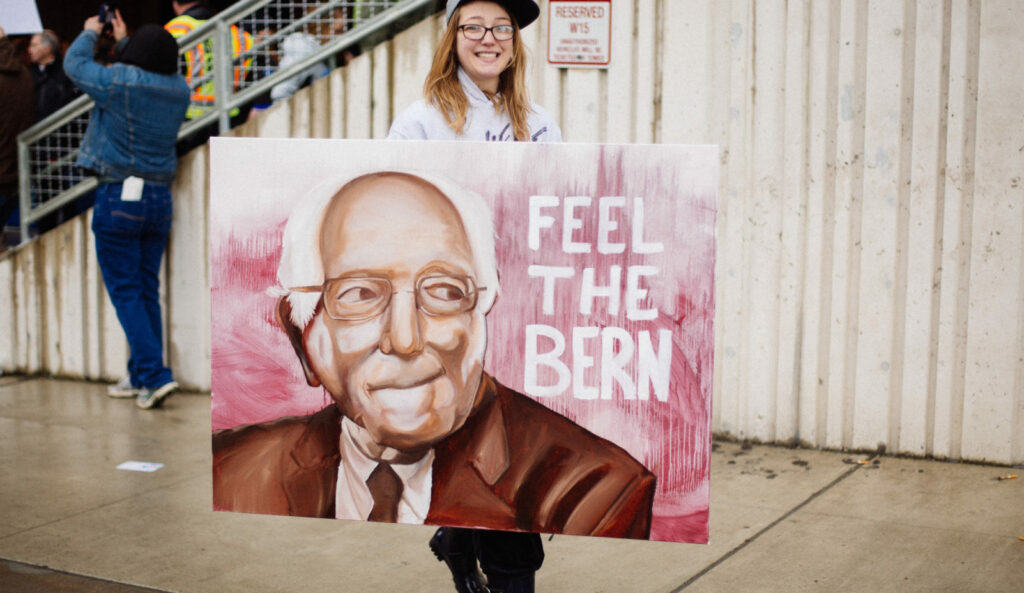Article overview
Expert-Seminar - The transformation of the automobile industry in Germany
On 24 February, Forum New Economy organised an online expert seminar on the transformation of the automobile industry where the impact of the transport turnaround on car regions and employment was discussed.
New Economy Working Paper – How to reduce Germany’s current account surplus
Trump will go. But what about US complaints about Germany’s export surplus? Probably not, argue Achim Truger, Jan Behringer and Till van Treeck in an upcomming Op-Ed for the SZ which is based on a study for Forum New Economy.
Retrospect and outlook 2021
We take a look at what the past year has meant for us, as a Forum, and for us all - and give you a glimpse of the exciting projects we are planning for 2021.
A Debt Brake for the 21st Century
In a newly published piece on Makronom, Philippa Sigl-Glöckner lays out her formula for a reform of the German debt brake.
New Economy Working Paper – Change only through crisis?
A new study by Laurie Laybourn-Langton reflects on the strategies for a paradigm shift in an age of coronavirus and environmental breakdown.
New Studies out now: What Drives Inequality in Germany?
In a two-part study commissioned by Forum New Economy, Charlotte Bartels and Carsten Schröder investigate the state of inequality and its drivers.
Normalcy or (Green) New Deal? Joe Biden’s Economic Team and the prospects for a paradigm change
The economists that will be working for the president elect will likely focus on strengthening the power of labor, but will it be an all-encompassing paradigm shift?
Preview: Should Germany issue perpetual bonds for European solidarity? - Discussion of the proposal by George Soros
On December 4 at 4 pm CET, INET and the Young Scholars Initiative will host a discussion on the future of European fiscal capacity.
Mariana Mazzucato & Rainer Kattel in the FAZ: "The State must do better"
In a guest article for the Frankfurter Allgemeine Sonntagszeitung, Mariana Mazzucato and Rainer Kattel plead not for more or less state, but for a better one.
New Economy Working Paper - Challenge-driven economic policy - A new framework for Germany
A new study by Mariana Mazzucato and her team from the Institute for Innovation and Public Purpose at University College London
New Economy Working Paper out – A new paradigm for Germany’s fiscal policy after Corona
A new study by Michael Hüther (IW Köln) and Jens Südekum (DICE) looks into the past and the future of the German debt brake.
Favorite Readings for a New Paradigm – Autumn 2020
Every three months Forum New Economy is showcasing a hand full of selected research papers that lead the way towards a new economic paradigm.
Paradigm shifts in major global institutions
A major study on what has already changed in important institutions around the world since the high-time of market-liberalism.
Robert J. Shiller on “Narrative Economics – How Stories Go Viral and Drive Major Economic Events”
The Nobel Prize-winning economist explains the idea behind his research on economic narratives and enumerates the main findings included in the book.
Forum New Economy and Wirtschaftsdienst: Does Germany need another economic model?
Is the German economy prepared for the tasks of our time? Thomas Fricke details what the Forum New Economy discussed at the seventh New Paradigm Workshop and what it identifies as the pressing issues lying ahead.








